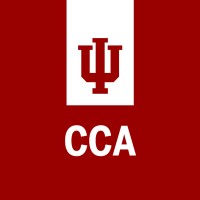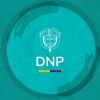
Center for Cultural Affairs
The Center for Cultural Affairs at the O’Neill School of Public and Environmental Affairs advances the understanding of the place of arts and culture in public life. The CCA facilitates a network of scholars and practitioners interested in advancing cultural affairs research, produces high-quality and relevant research on arts and cultural policy and management issues, and serves as a resource to the arts and cultural sector.






